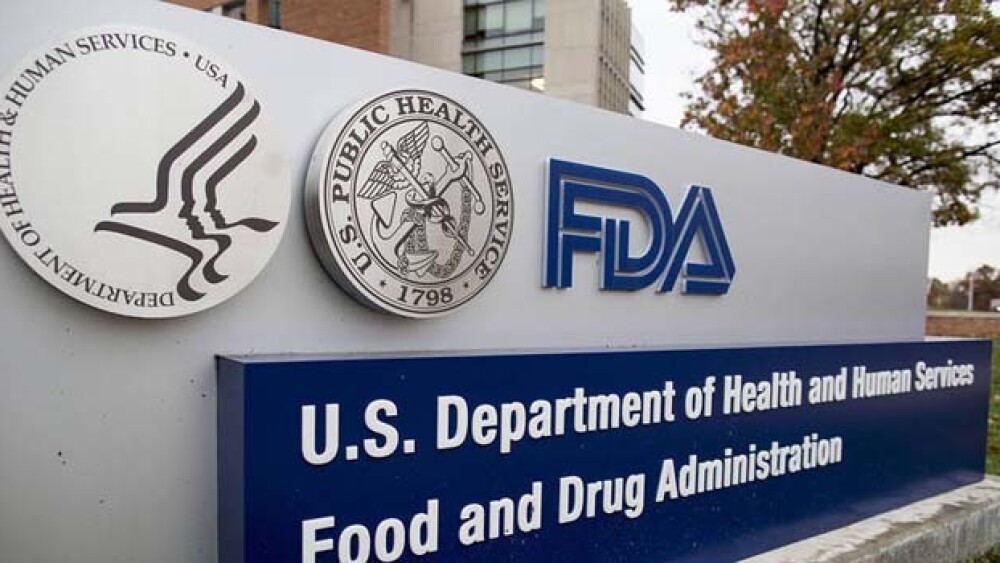Companies are taking a look at providing compounded versions of drugs. However, last week, new guidelines put forth by the U.S. FDA would hinder the notion of compounded drugs being sold due to price increases. The new guidelines will address the limits of compounded drugs that can be shipped across state lines.
When Martin Shkreli raised the price of toxoplasmosis drug Daraprim by 5,000 percent, a San Diego-based Imprimis Pharmaceuticals began to offer a compound of pyrimethamine and leucovorin as a low-cost alternative – about $1 per pill compared to the new price of $750 per pill.
Imprimis has a history of offering low-cost options to high-priced drugs through its compounded formulas. In addition to its Daraprim option, Imprimis has developed tiopronin delayed release compounded formulations as a lower-cost alternative to the orphan drug Thiola, used for the treatment of cystinuria. Imprimis has also offered a compounded alternative to Allergan’s Restasis eye drop.
Other companies have also offered compounded versions of high-priced drugs. Buffalo, N.Y.-based Athenex began to offer a compounded version of the blood pressure treatment, Vasostrict.
The Wall Street Journal reported that Athenex intended to sell the treatment for 35 percent less than the branded treatment. UK Healthcare, which is the University of Kentucky’s associated hospitals and clinics, struck a deal with Athenex for the compounded blood-pressure treatment in order to save about $350,000 per year, the Journal said.
Colorado-based Osh’s Affordable Pharmaceuticals is offering a compounded version of Syprine, a treatment for Wilson disease, the Journal reported. The Osh’s version will be significantly cheaper than the branded treatment, which is sold for about $21,000 per month. A generic marketed by Teva is sold for $18,000 per month, the Journal said. The Osh’s version will have a cost of about $120, the Journal said.
Other companies are also taking a look at providing compounded versions of drugs, the Journal said. However, last week, new guidelines put forth by the U.S. Food and Drug Administration (FDA) would hinder the notion of compounded drugs being sold due to price increases. The new guidelines will address the limits of compounded drugs that can be shipped across state lines.
In its announcement, the FDA said it is addressing concerns over compounded medications that are of “poor quality” and could cause harm to patients. While the FDA pointed to some concerns over safety, the new guidelines will undercut some of the actions of the compounding companies that are related to pricing. The new guidelines will allow for the compounding of drugs when there is a shortage of medication or if there is a special need, but, as the Journal reported, providing alternatives due to the cost of branded drugs is not a valid reason.
The new FDA guidelines regarding compounders are looking at those companies that provide large amounts of compounded medications to health agencies. The FDA said it will address its guidelines because compounded drugs “can pose unique risks.”
“They’re not FDA approved. Nor do compounded drugs undergo premarket review for safety, effectiveness or quality. Moreover, if a compounder distributes drugs to multiple states, it can be very difficult to gather information about possible adverse events associated with those drugs, connect them to the compounder and undertake coordinated action to address a potentially serious public health problem,” the FDA said in a statement.
The regulatory agency pointed to a 2012 outbreak of fungal meningitis that was related to a compounded drug. The FDA said the outbreak led to 64 deaths and about 750 cases of fungal meningitis. The FDA said the compounded drug used was not sterile. It had become contaminated before distribution to patients and providers, the FDA said.





